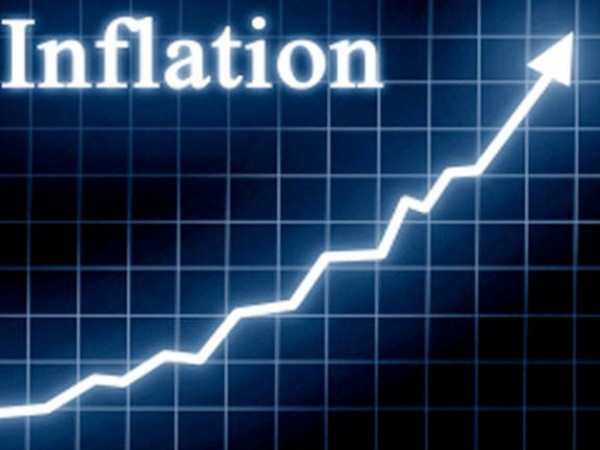Cooler inflation in Spain and Germany sparks bonds rally
Euro zone government bond yields fell broadly on Tuesday, after inflation in Spain and in Germany's most populous state came in below expectations, offering investors encouragement that the worst of the region's consumer price pressures may soon be over. Inflation data for North Rhine-Westphalia showed inflation in Germany's industrial heartland fell in November from October by 0.8%, against expectations for a rise of 1.2%.

Euro zone government bond yields fell broadly on Tuesday, after inflation in Spain and in Germany's most populous state came in below expectations, offering investors encouragement that the worst of the region's consumer price pressures may soon be over.
Inflation data for North Rhine-Westphalia showed inflation in Germany's industrial heartland fell in November from October by 0.8%, against expectations for a rise of 1.2%. Year-on-year, the rate came in at 10.4%, versus forcasts for 11%. This was the first month-on-month drop since June this year and the largest one since an identical drop in November 2020.
German 10-year yields fell as much as 12 basis points to a session low of 1.878%. They were last down 10 basis points at 1.946%, while those on the two-year Schatz fell 7 bps to 2.107%. Meanwhile, a preliminary reading of Spanish consumer inflation came in at 6.8% in November, below forecasts for a rise of 7.4% and down from October's 7.3% rate.
"The market is currently in a mood where it reacts more strongly to downside surprises than upside ones," Nordea starategist Jan von Gerich said. "It’s clear it’s the driver."
Spanish two-year yields dropped 10 bps to 2.307%, while the yield on the 10-year Bono fell 11 bps to 2.888%. Italian 10-year yields, meanwnhile, fell 12 bps to 3.795%, leaving their premium to benchmark Bunds at 187.3 bps, still not far off its widest in a week.
Energy prices, which have soared since Russia - a major natural gas supplier to Europe - invaded Ukraine in February, are up heavily year-on-year in major consuming nations such as Germany and France. But they're down fairly sharply from this year's peaks. German baseload power for 2023 delivery has edged up in the last couple of weeks, but is still a third of what it was in August, at the depths of the crunch.
Nonetheless, European Central Bank President Christine Lagarde said on Monday that inflation has not peaked in the euro zone, and, if anything, the risk was that it could be even higher than expected, hinting at more rate hikes ahead. "The November inflation readings (Spain and Germany today, the eurozone tomorrow) could bring a down tick but might not be enough to conclude that inflation has peaked," ING strategists led by Antoine Bouvet said in a note.
"Between the lines, it seems the central bank’s communication is increasingly preparing markets for a recession, and for the risk that hikes have to continue regardless." Longer-term market-based expectations for the path of inflation show investors expect another pickup, after having prepared for the possiblity that price pressures may have peaked . Consumer inflation is currently running at 10.6%, more than five times the ECB's target of 2%.
The ECB meets on December 15 and investors are currently split 60/40 over whether it will raise interest rates by 75 bps or by 50 bps, according to Refinitiv data.
(This story has not been edited by Devdiscourse staff and is auto-generated from a syndicated feed.)
ALSO READ
MORNING BID EUROPE-Yen down on everything but the dollar
Bayer Leverkusen is on the verge of historic double after reaching the German Cup final
US needs Europe for its security too, NATO chief says
German defence minister wary of doubling structures on Ukraine NATO fund
European stocks rise ahead of inflation data; Basilea shines










